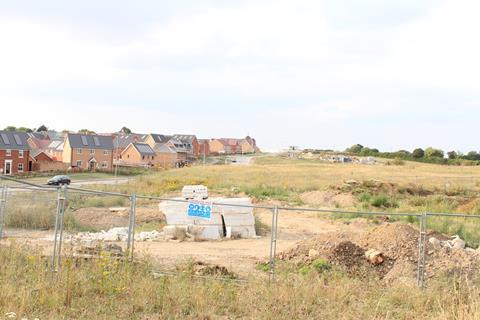Local government voice says ‘complex’ project delivery processes responsible for lack of infrastructure investment
The Local Government Association (LGA) has defended councils against the claim that “vital” infrastructure cash is collecting dust in their bank accounts.
The LGA said authorities were “working hard in difficult circumstances to build the homes and infrastructure our communities desperately need.”

This statement comes in light of claims by the Home Builders Federation (HBF) that councils in England and Wales hold more than £6bn in S106 agreements and almost £2bn through the community infrastructure levy (CIL).
The LGA said that the tricky systems involved in getting a scheme off the ground can cause significant delays in investing the money developers give them for community projects.
Cllr Adam Hug, housing spokesperson for the organisation, said: “Local authorities can require developer contributions, including Community Infrastructure Levy (CIL) and Section 106 on new developments in order to help fund the infrastructure, facilities and services - such as schools or transport improvements - needed to support new homes and businesses in their area.
“The money collected is then held until it can be spent on the projects which it has been earmarked for.
”This can be a complex process which often requires pooling funds from multiple developments and other funding sources, such as government grants, while also relying on multiple and varying timelines for completion of development phases.”
Informed by 208 responses to a freedom of information survey by HBF, it is estimated that local authorities hold an average of £19m in unspent Section 106 contributions “at a time when central Government is short of money to invest in infrastructure.”
Hug said: “Delays can also arise from the need for careful financial planning to ensure contributions are used efficiently, with major projects such as schools or highways requiring significant coordination.
”Furthermore, affordable housing contributions can take time to utilise due to processes including securing sites or obtaining planning permissions.
“While funds may be classed as unspent, it is important to look at what has been allocated by the council instead to understand how the council plans to spend the money.”











No comments yet